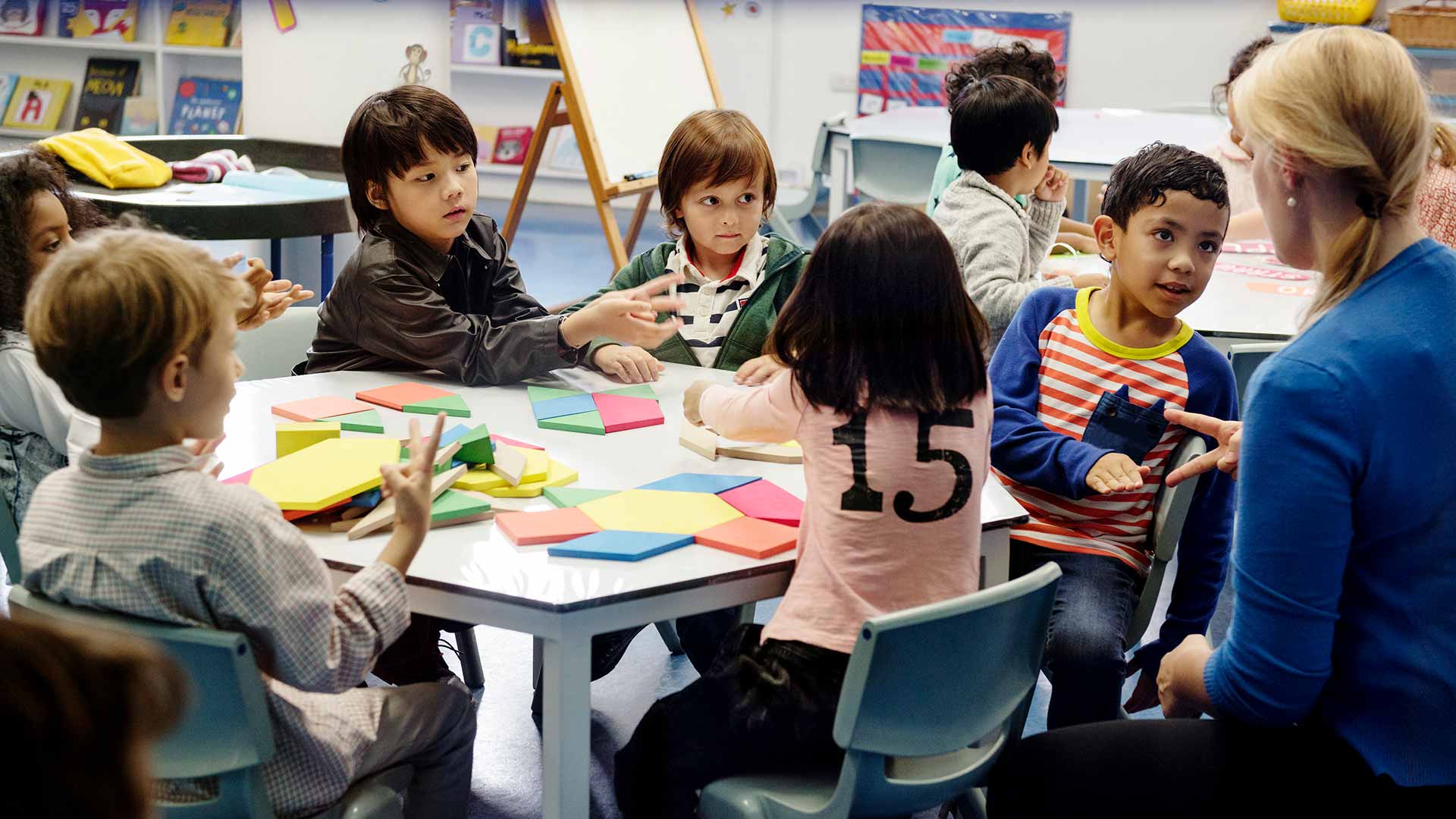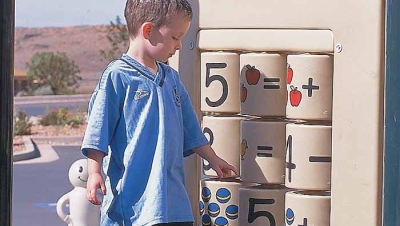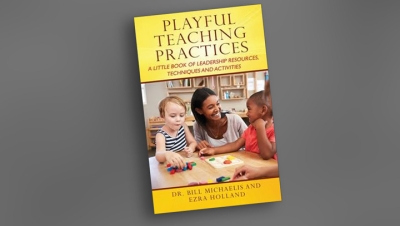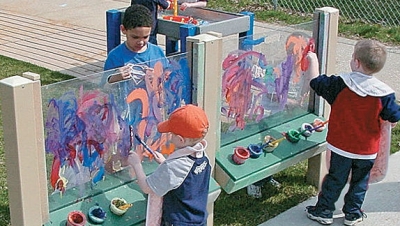7 Simple Steps to Managing Stress for Supervisors
Working with children can be exhilarating and exhausting. While you may like each child individually, you may get tired of the noise and messes they collectively create and the constant demands they make on your time. Paperwork, equipment maintenance, communication with parents, community presentations, budget planning... the list of other job duties goes on and on, and your boss shouts out deadlines with the expectation that you meet them. Often it feels like these responsibilities come first and your work with children comes last.
The U.S. Department of Labor cites the turnover rate among childcare and recreation workers as one of the highest. According to career consultant Dawn Rosenburg McKay, author of Your Guide to Career Planning, job dissatisfaction tends to be highest when:
- a person is mismatched for the job
- the workload changes
- wages or benefits are lowered
- co-workers are difficult
- illegal or unethical activities take place
A 2001 study by the Wyoming Department of Employment, Research & Planning confirms McKay's research and also suggests that turnover includes other nonmeasurable extraneous factors such as the attitude of supervisory personnel.
Despite feeling burned out, many remain in their jobs out of necessity or because of convenience. For instance, the job may be close to home, have favorable hours, or have a tolerable level of responsibility.
"Finding healthy ways to deal with stress and burnout is more complicated than it seems," notes humorist and musician Tim Bays. Bays finds that laughter is one of the best antidotes. "If you can find humor in what you do or grow the ability to laugh at yourself, you automatically feel better. Enjoying humor is shown to relax tense muscles, lower blood pressure, and give an all-over feeling of wellbeing."
-
Laugh
In his book Laughter: A Scientific Investigation, University of Maryland professor Robert Provine discovered that children laugh over 400 times a day, while adults laugh less than 40. He concludes his book by encouraging more laughter through broadening interpersonal relationships, creating a casual environment, and being on the lookout for humorous occurrences.
Other stress management ideas in addition to laughter include:
-
Get Enough Sleep
The National Institute of Health has voiced its concern that we have trouble "giving up the day" and getting enough rest. Research through NIH also reveals that 40 million Americans have a diagnosable sleep disorder. Many others are "sleep deprived," that is, they get less than seven or eight hours of sleep per day. Many times vehicle accidents, paperwork mistakes, and bad attitudes can be traced to lack of sleep.
A helpful tip for those who have trouble falling asleep: Count down from 100 by 7's: 100-7= 93-7=86-7=79, etc. When the number 2 is reached, if you are not asleep, repeat the countdown. This exercise causes the brain to focus on one thing and blocks out other worries and thoughts that keep you awake.
-
Exercise
No suggestions here for high-powered aerobic workouts but just a recommendation to find ways to move your body. Dancing while housecleaning, easy walking while having a long phone conversation and chair stretches while watching TV all reduce stress and work to relax your muscles. Easy exercises can be found through many health-related organizations such as the Arthritis Foundation or the National Fibromyalgia Association.
-
Talk Objectively
Finding someone to tell your troubles to has always been a helpful antidote for stress. However, "special someones" can aggravate the situation if they give bad advice or create "awfulizing" contests to see whose situation is worse. A friend who lends a listening ear without offering opinions or a trained professional who can be a guide toward health decisions can help relieve stress the best.
-
Expand Your World
An old adage states, "There is nothing worse than an expert who can only talk about his area of expertise." Therefore, look for ways to explore the world outside of your job. Consider volunteer work, especially in an area you may be curious about. If long trips are not in the budget, consider taking day trips to visit or re-visit local sights. Take a class. Learn a foreign language. Read a book.
-
Pamper Yourself
Stress management through day spas is the big rage. However, a home spa day can be just as enjoyable. Sugar, especially raw sugar, makes a great exfoliant for cleaning pores and sloughing off dead skin cells. Egg white mixed with a dash of alum makes a facial solution that tightens the skin and reduces wrinkles and a soak in a tub of colloidal oatmeal or baking soda is soothing on hot summer days.
A spa day wouldn't be complete without chocolate. This recipe, called Pots de Chocolate, is from the Appendix to the I Hate To Cook Book by Peg Bracken:
In a blender:
- Toss in 1 cup of chocolate chip morsels.
- Add 2 egg yolks. (Be sure eggs are from a reputable source.)
- Add 1 1/4 cups of scalded light cream.
- (Optional: Add 3 teaspoons of brandy.)
- Run the blender until the racket stops.
- Pour into pretty little cups and refrigerate for 4-6 hours.
This looks and tastes a lot like a delicious chocolate mousse but with none of the work.
-
Network
Some of the best ideas on how to handle difficult situations come from asking others in different employment fields how they would solve a similar problem. Equally true is that some of the best employment opportunities come from letting others know you are in the market for a new job. Networking can be overt, such as talking with others at civic organization meetings, e.g., Rotary Club, Exchange Club, or career support groups, etc., or it can be more discretionary. Religious leaders, social media, and employment services can work to help you find a new job while maintaining your confidentiality.

















